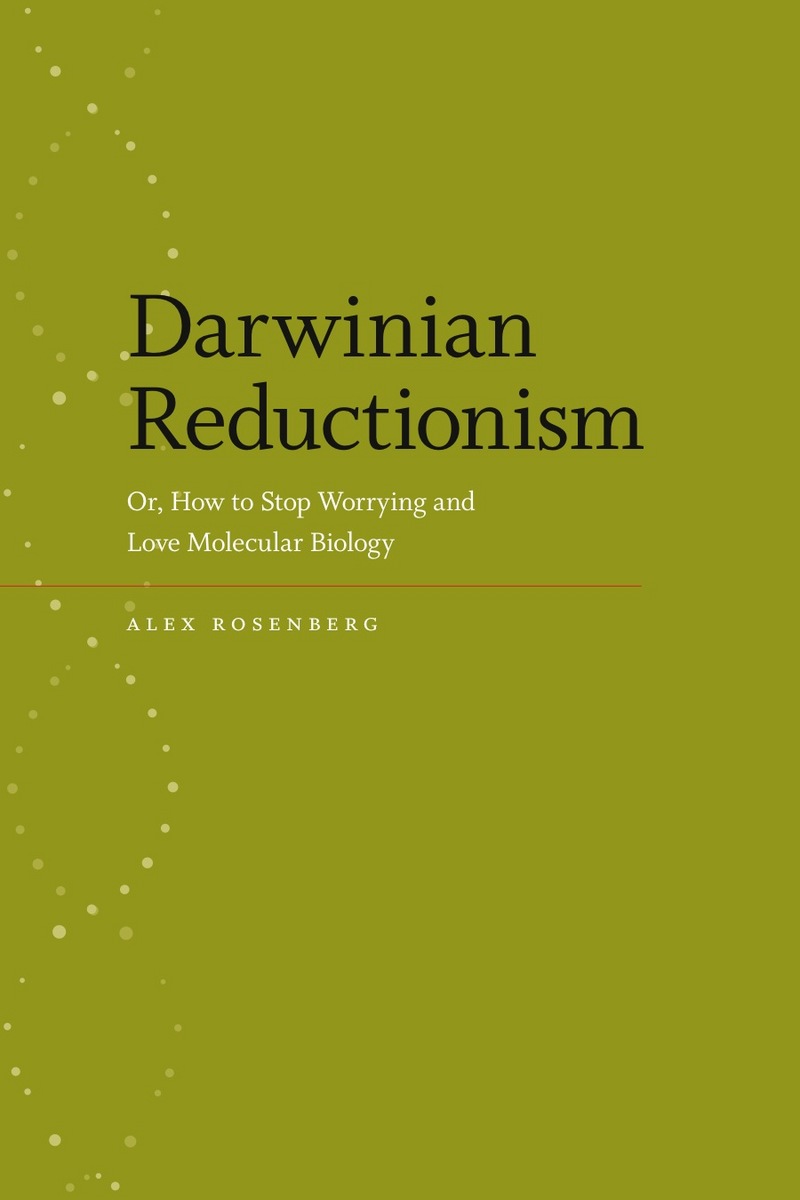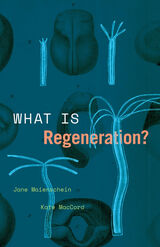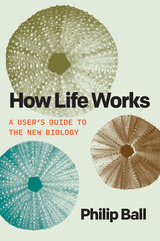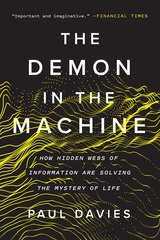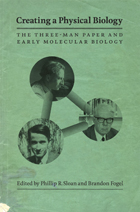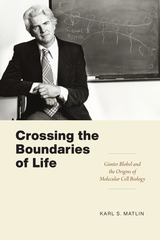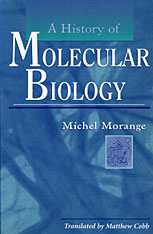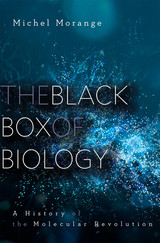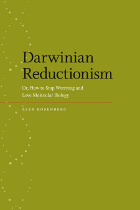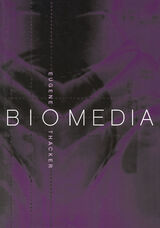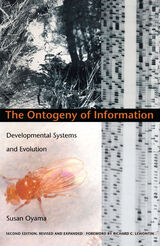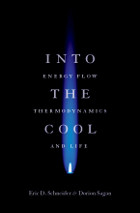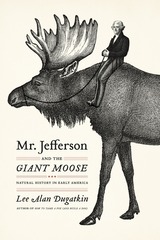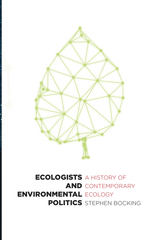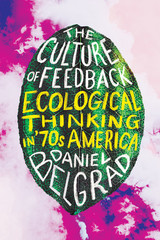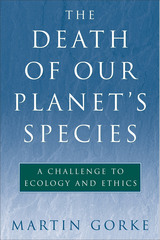Darwinian Reductionism: Or, How to Stop Worrying and Love Molecular Biology
University of Chicago Press, 2006
Cloth: 978-0-226-72729-5 | eISBN: 978-0-226-72731-8
Library of Congress Classification QH506.R654 2006
Dewey Decimal Classification 572.8
Cloth: 978-0-226-72729-5 | eISBN: 978-0-226-72731-8
Library of Congress Classification QH506.R654 2006
Dewey Decimal Classification 572.8
ABOUT THIS BOOK | AUTHOR BIOGRAPHY | REVIEWS | TOC | REQUEST ACCESSIBLE FILE
ABOUT THIS BOOK
After the discovery of the structure of DNA in 1953, scientists working in molecular biology embraced reductionism—the theory that all complex systems can be understood in terms of their components. Reductionism, however, has been widely resisted by both nonmolecular biologists and scientists working outside the field of biology. Many of these antireductionists, nevertheless, embrace the notion of physicalism—the idea that all biological processes are physical in nature. How, Alexander Rosenberg asks, can these self-proclaimed physicalists also be antireductionists?
With clarity and wit, Darwinian Reductionism navigates this difficult and seemingly intractable dualism with convincing analysis and timely evidence. In the spirit of the few distinguished biologists who accept reductionism—E. O. Wilson, Francis Crick, Jacques Monod, James Watson, and Richard Dawkins—Rosenberg provides a philosophically sophisticated defense of reductionism and applies it to molecular developmental biology and the theory of natural selection, ultimately proving that the physicalist must also be a reductionist.
With clarity and wit, Darwinian Reductionism navigates this difficult and seemingly intractable dualism with convincing analysis and timely evidence. In the spirit of the few distinguished biologists who accept reductionism—E. O. Wilson, Francis Crick, Jacques Monod, James Watson, and Richard Dawkins—Rosenberg provides a philosophically sophisticated defense of reductionism and applies it to molecular developmental biology and the theory of natural selection, ultimately proving that the physicalist must also be a reductionist.
See other books on: Biology | Molecular Biology | Reductionism | Rosenberg, Alexander | Stop Worrying
See other titles from University of Chicago Press
